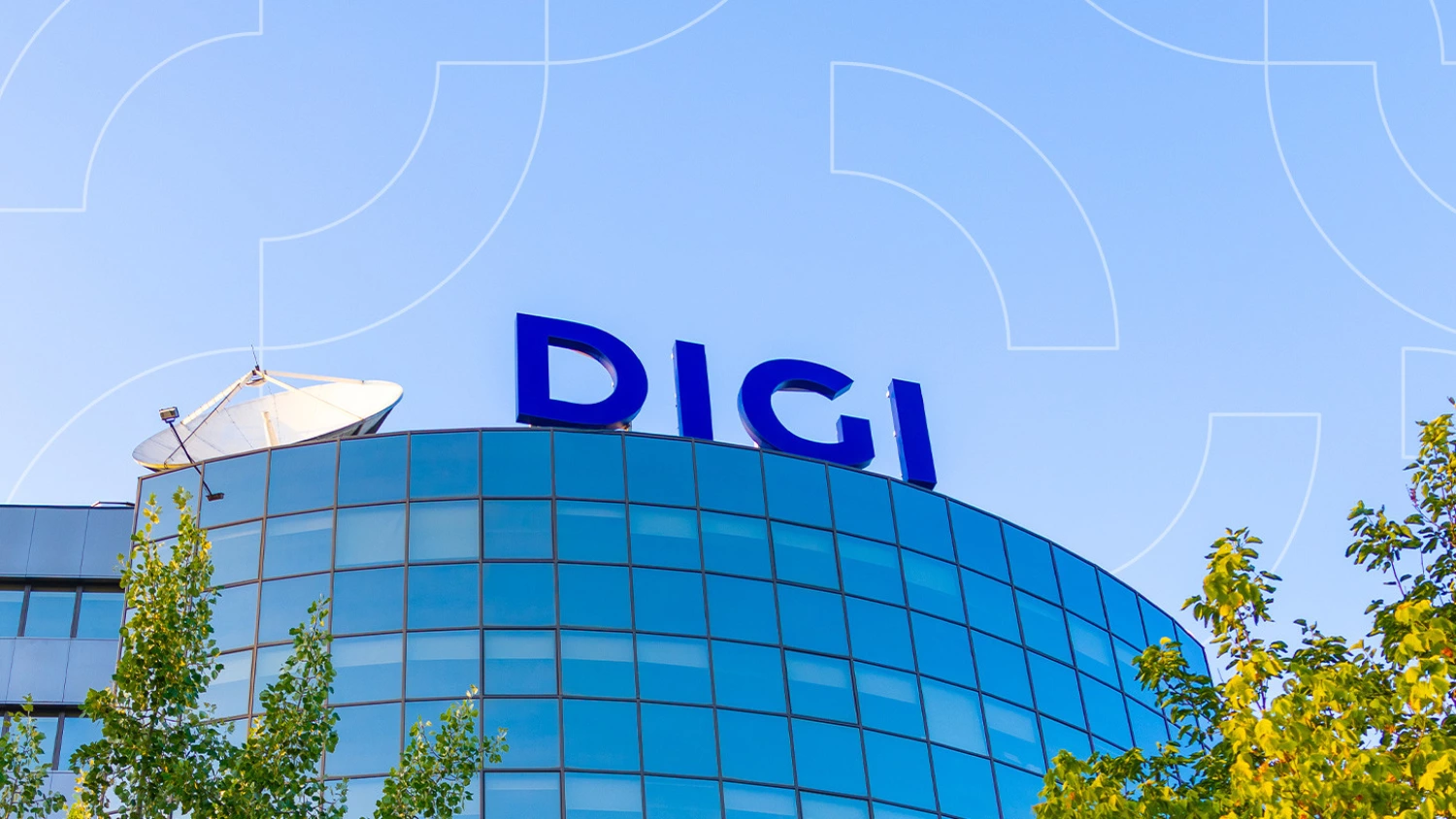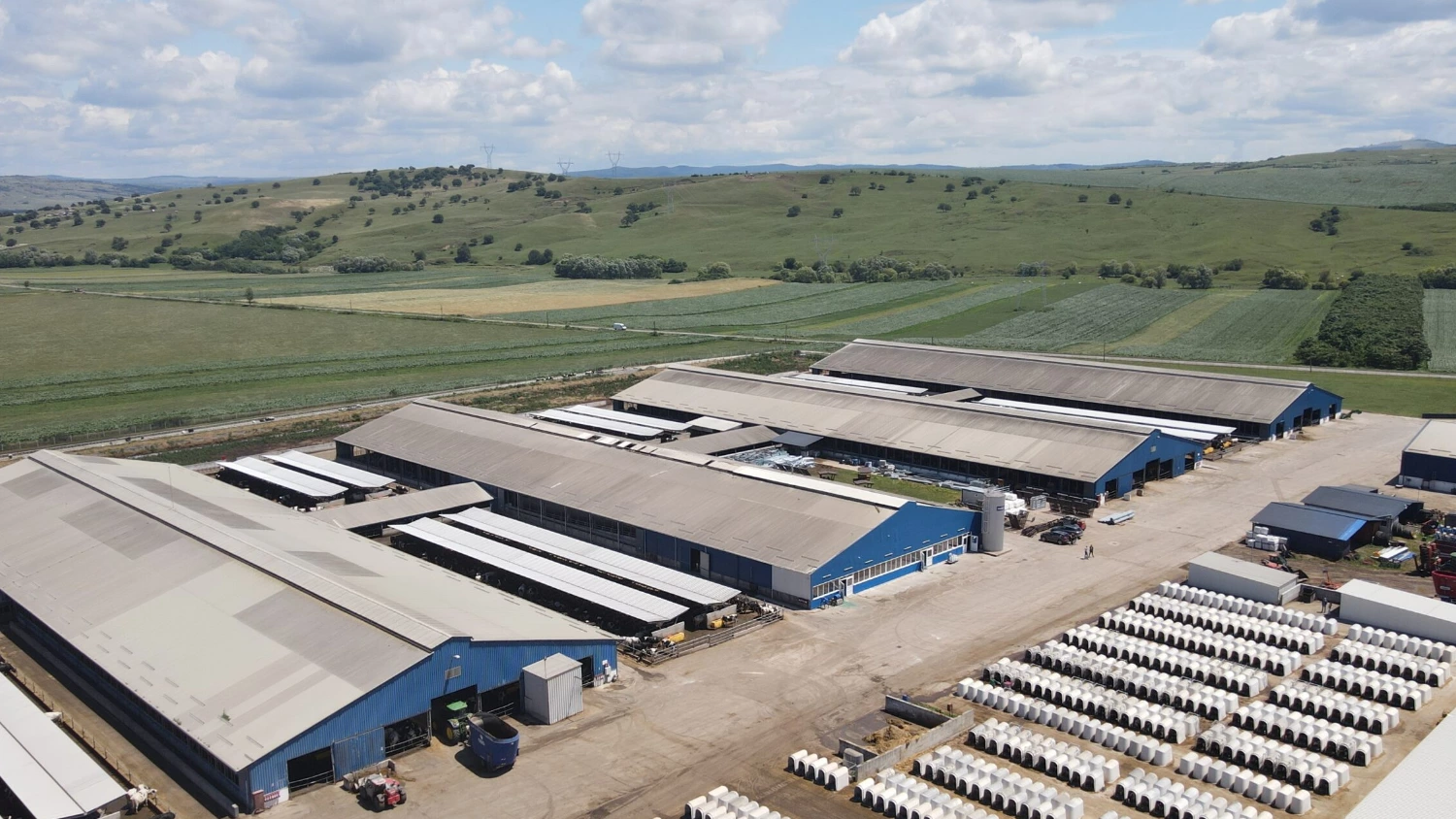A survey of 80 companies conducted by the business communities shows that 55 are directly affected by the tax across multiple economic sectors. Notably, 64% of companies have postponed, reduced or reconsidered investment plans since IMCA's introduction, while approximately 60% report major operational impacts affecting investment funds, pricing, supply chains, personnel policies and restructuring.
The business groups argue that IMCA contradicts basic economic principles by taxing turnover regardless of profitability, a practice not used in any developed EU country. "The measure ignores sectoral realities and economic cyclicality, reducing appetite for major, long-term investments, especially in greenfield projects," the statement reads. Companies report effective profit tax rates that can reach 90% in some situations, despite Romania's 16% corporate tax rate.
The associations warn that maintaining IMCA risks eliminating many firms from the market, reducing the tax base and affecting budget revenue collection through negative effects on investments, productivity and business development. They describe the prolonged application of what was initially a temporary measure as "profoundly unfair" to the business environment, particularly in the absence of real structural reforms to combat tax evasion or improve public spending efficiency.
The joint statement was issued by 14 business organisations including the German-Romanian Chamber of Commerce, American Chamber of Commerce in Romania, Foreign Investors Council, and various bilateral chambers representing major European countries.











